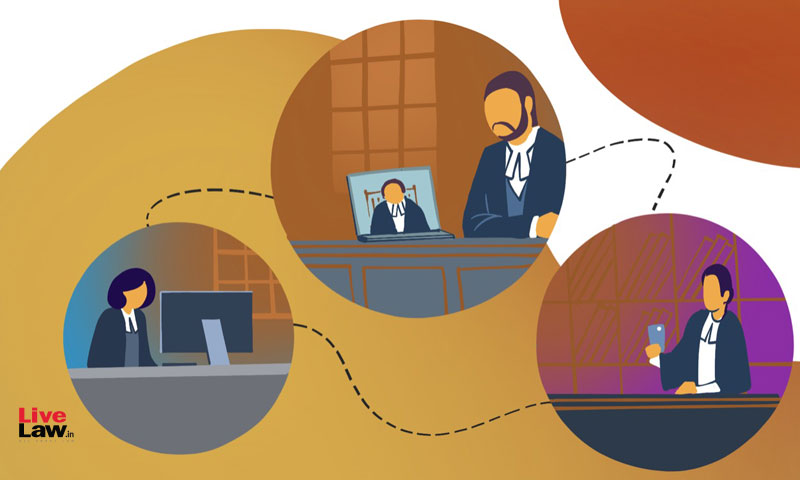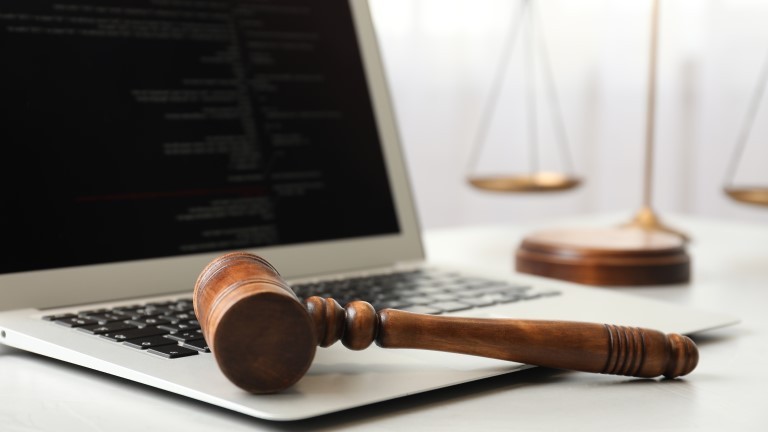In June 2023, the Gujarat HC started conducting court proceedings using the hybrid system for four of its division benches as part of a ‘pilot project’.

source: Live Law
Extension of the hybrid system
The High Court has extended its pilot hybrid system of court hearings to all courtrooms and benches. This means that court proceedings can be conducted and attended both physically as well as remotely or virtually through video conference mode.
The pilot project, launched in June 2023, has been successfully running for the past four months and this system is now being extended to all courtrooms of the high court.
As per a notification issued by the Registrar General, this hybrid mode of functioning for all courtrooms of the High Court is scheduled to start from tomorrow i.e. September 29 onwards.
The notification further listed that Single-Judge benches and also Larger benches constituted from time to time of the Gujarat High Court for all days starting with the Cause-list for September 29, 2023 onwards.
The notification further added that Advocates and parties-in-person seeking to make use of the hybrid system will have to submit their requests online through a link made available on the High Court’s website.
What does the implementation of the Hybrid System mean for accessibility to court proceedings?
This system was already made functional in the Delhi High Court from August 2022 onwards and has made court hearings more efficient and accessible.
As previously stated by CJI D.Y. Chandrachud, the virtual system of court proceedings apart from facilitating access to justice from remote areas, is cost effective and reduces delays in dispensing justice.
Hybridity serves a function that sustains conflict resilience and at the same time addresses immediate justice needs to litigants.
Virtual hearings offer flexibility for lawyers and litigants to participate from anywhere with an internet connection, reducing scheduling conflicts. Eliminating the need for travel and accommodation can reduce the financial burden on litigants and the court system.Virtual hearings are quite efficient as they reduce the need for physical presence, saving time and resources for both judges and lawyers. Remote hearings make it easier for individuals from remote areas to participate in legal proceedings, promoting inclusivity and access to justice.This can lead to quicker resolution of cases, helping to clear the backlog. It can also be more convenient for people with disabilities or those who face mobility challenges.
Hybrid systems may also be applicable in alternative dispute resolution mechanisms like International Arbitrations. Virtual hearings can expedite the ADR process. Scheduling and conducting virtual meetings can be more flexible, allowing parties and ADR professionals to find suitable time slots more easily. This efficiency can help in resolving disputes faster. Virtual ADR platforms can be designed with robust security measures to protect the confidentiality of sensitive information and discussions during the ADR process, which is crucial for maintaining trust and ensuring parties feel comfortable sharing their concerns.
Digitising court proceedings by employing the hybrid system not only improves a litigant’s access to justice, but also acts as an effective tool for modernising the legal system and is certainly the way forward towards a ‘Digital India’.
However, at the same time it’s important to address challenges like digital literacy, technological infrastructure, and ensuring the integrity of virtual proceedings to fully harness these benefits in the Indian judiciary.



